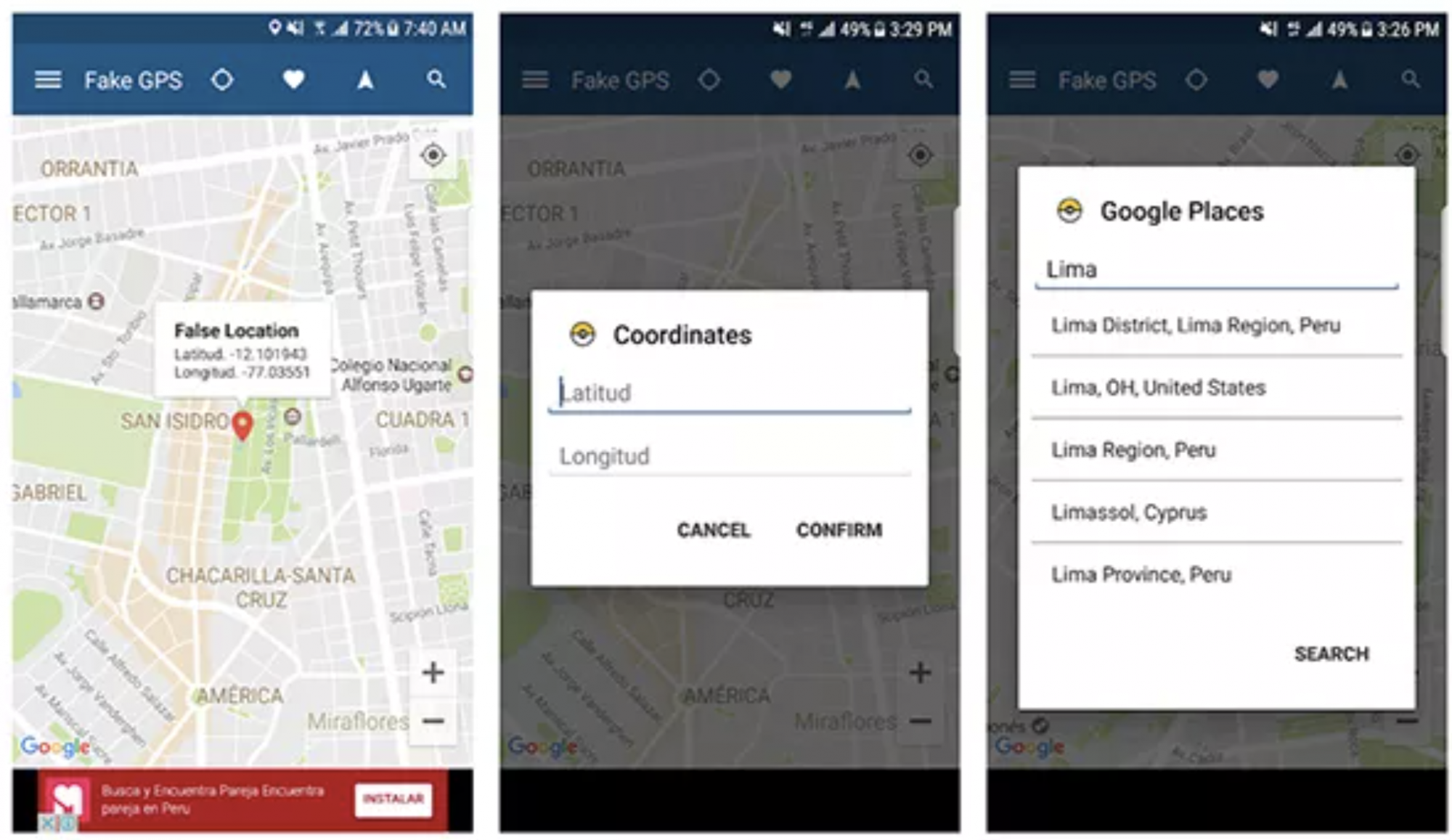Identity theft is alive and well. This week, Nineteen Brazilian nationals operating out of Massachusetts have been charged via criminal complaints with engaging in a nationwide conspiracy to set up fraudulent driver accounts with multiple rideshare and delivery service companies using stolen identities.
The fake rideshare driving accounts were then rented or sold to drivers who might not otherwise qualify to drive for those services.
Those rideshare accounts were then exploited further through the company’s referral bonus programs. They used automated “bots” and GPS spoofing technology to increase the income earned from the fraudulent driver accounts.
The government estimates that more than 2,000 victims’ identities were stolen and used as part of the scheme.
They Used Stolen Identities and Defrauded 5 Rideshare Companies
The complaint alleges that beginning by at least January 2019, and continuing through at least April 2021, the defendants conspired with each other and with additional conspirators to defraud at least five different rideshare and delivery companies.
The five companies were characterized as:
- Company A – Ride Hailing company that operates through mobile App (Uber? maybe)
- Company B – Online Food Delivery company (DoorDash? Maybe)
- Company C – Ride Hailing company that operates through mobile App (Lyft? maybe)
- Company D – Online Food Delivery Platform (GrubHub? Maybe)
- Company E – Online Grocery Pickup Company (Instacart? Maybe)
The scheme involved obtaining images of victims’ driver’s licenses and Social Security numbers, creating fraudulent driver accounts using these identifiers, and renting or selling those accounts.
Usually, the accounts were rented or sold to individuals who did not otherwise qualify to drive for the rideshare and delivery services because they did not meet minimum qualifications, were not eligible to work in the United States, or could not pass a background check.
Investigators tied back the use of stolen identities to locations in Massachusetts. They mention this apartment complex at 196 Locust Street Lynn Ma.

They Used Stock Photos They Purchased Online For The Identities
In reviewing the hundreds of suspected fraudulent accounts associated with accounts, investigators discovered that many of the driver’s license images are stock photos that were altered to insert different license images. For example, many of the photos show the altered driver’s license resting on a wallet.
It appears that the same background image was used in each of the photos, and the images were edited to make it appear as though different driver’s licenses were resting on the wallet.
For Rideshare Company A they identified more than 30 driver accounts that appear to use the identical image of a driver’s license resting on a wallet, but with different driver’s licenses inserted into the image
They Advertised The Driver Accounts for Sale on Social Media
The Brazilian fraud ring would use WhatsApp chat group and target to Brazilian nationals residing in Massachusetts.
The ring would regularly post in chats that they had rideshare and delivery accounts for sale or rent.
For example, on or they posted a message in a chat with hundreds of other members advertising male and female accounts with Delivery Company D for a “good price.” They posted a similar message on or about September 24, 2020.
They Made Money and Scammed Through A Variety of Ways
The fraud ring appeared to make money in multiple ways.
- They sold the fraudulent accounts that they created to drivers
- They collected referral bonuses from companies for referring new fake drivers to each of the ride-share companies
- They boosted income through GPS location manipulation to “cut the line” and get to riders before others
- They openly discussed and worked on bypassing the rideshare companies fraud detection controls.
The Faked Drivers Locations To Boost Income From Rideshare Companies
To increase the income from the rideshare companies for each driver, the fraud ring used BOT technology which would help fake the drivers locations so that they could boost the fees they were paid.
These apps are commonly used, but violate the rideshare companies terms of service but they allow the drivers to “cut the line” and get to the riders before others.

There are a variety of these apps that do the same thing
- 1. Tenorshare iAnyGo
- 2. iSpoofer
- 3. iTools
- 4. GPS JoyStick
- 5. Fake GPS 360
- 6. VPNa – Fake GPS Location
- 7. Fly GPS
- 8. Fake GPS GO Location Spoofer App
- 9. Fake GPS Run
- 10. Hola – Fake GPS Location App
Here is a full list of the alleged Perpetrators
The following defendants were arrested and charged by criminal complaint with one count of conspiracy to commit wire fraud:
- Wemerson Dutra Aguiar, 25, a Brazilian national formerly residing in Lynn and Woburn, Mass.;
- Priscila Barbosa, 35, a Brazilian national residing in Saugus, Mass.;
- Edvaldo Rocha Cabral, 41, a Brazilian national residing in Lowell, Mass.;
- Clovis Kardekis Placido, 37, a Brazilian national residing in Citrus Heights, Cali.;
- Guilherme Da Silveira, 28, a Brazilian national residing in Revere, Mass.;
- Flavio Candido Da Silva, 35, a Brazilian national residing in Revere, Mass.;
- Altacyr Dias Guimaraes Neto, 34, a Brazilian national residing in Kissimmee, Fla.;
- Bruno Proencio Abreu, 28, a Brazilian national residing in Saugus, Mass.;
- Jordano Augusto Lima Guimaraes, 34, a Brazilian national residing in Salem, Mass.;
- Alessandro Felix Da Fonseca, 25, a Brazilian national residing in Revere, Mass.;
The other two arrested are Clovis Kardekis Placido, 37, of Citrus Heights, Cali.; and Altacyr Dias Guimaraes Neto, 34, of Kissimmee, Fla.
Nine others remain at large.
They Could Receive Up To 20 Years in Prison
The charges of conspiracy to commit wire fraud provide for a sentence of up to 20 years in prison, three years of supervised release, and a fine of 250,000 or twice the gross gain or loss from the offense, whichever is greater.



